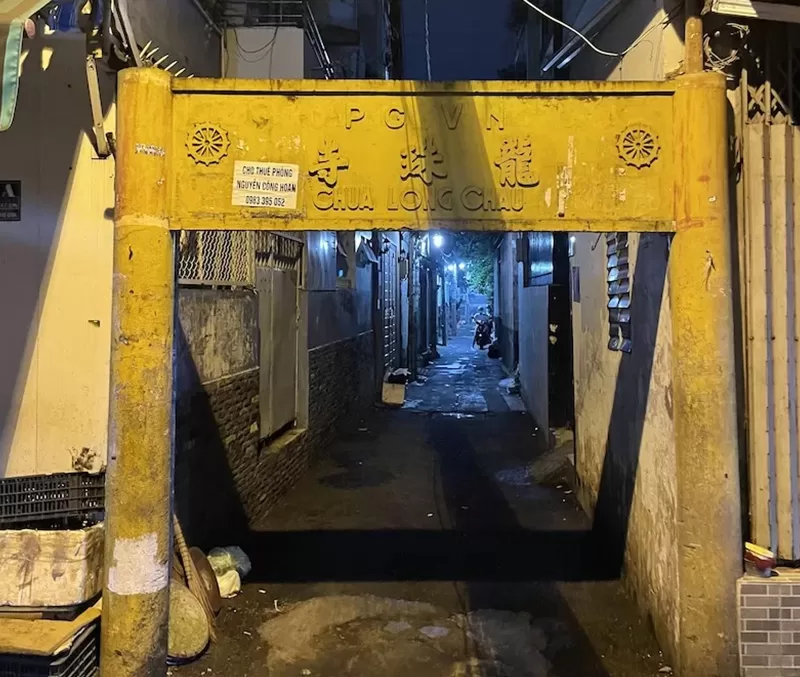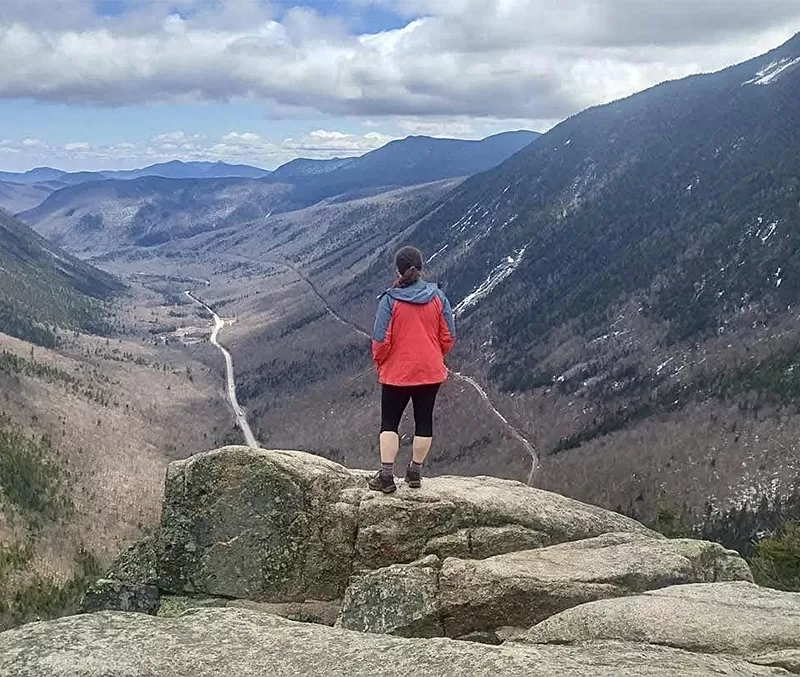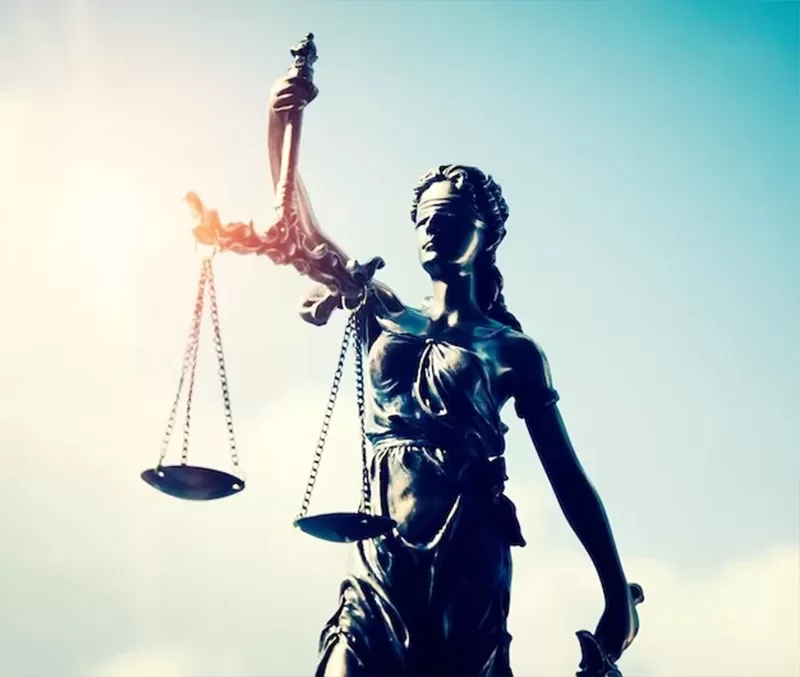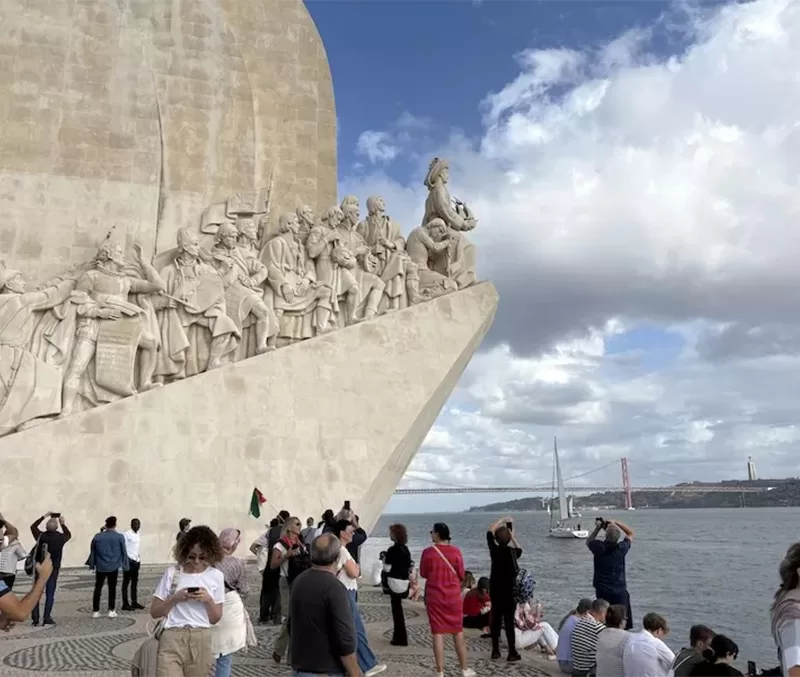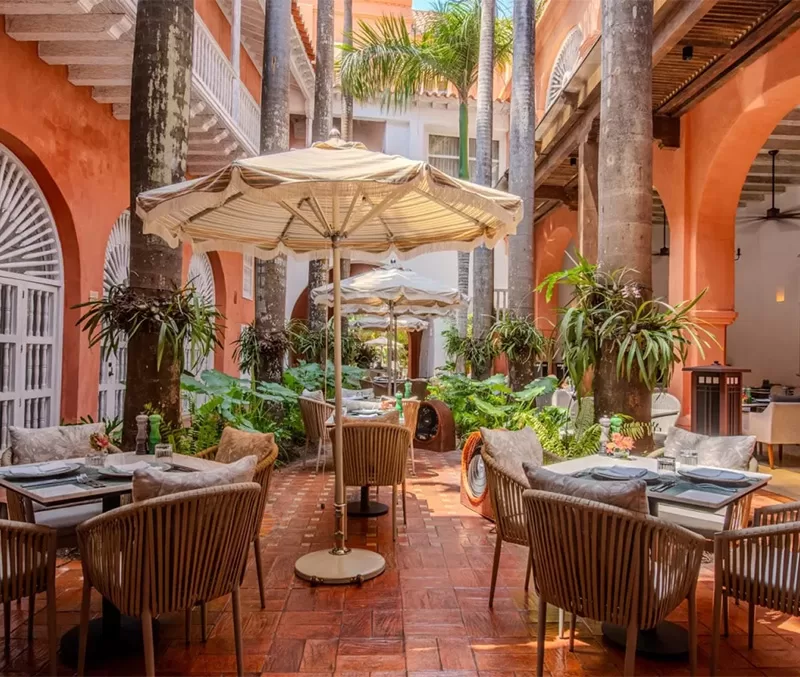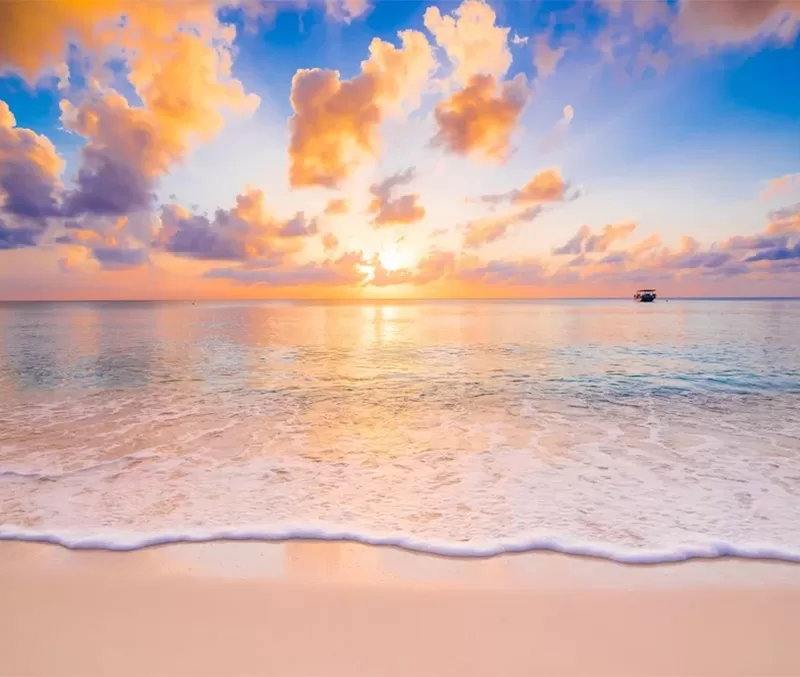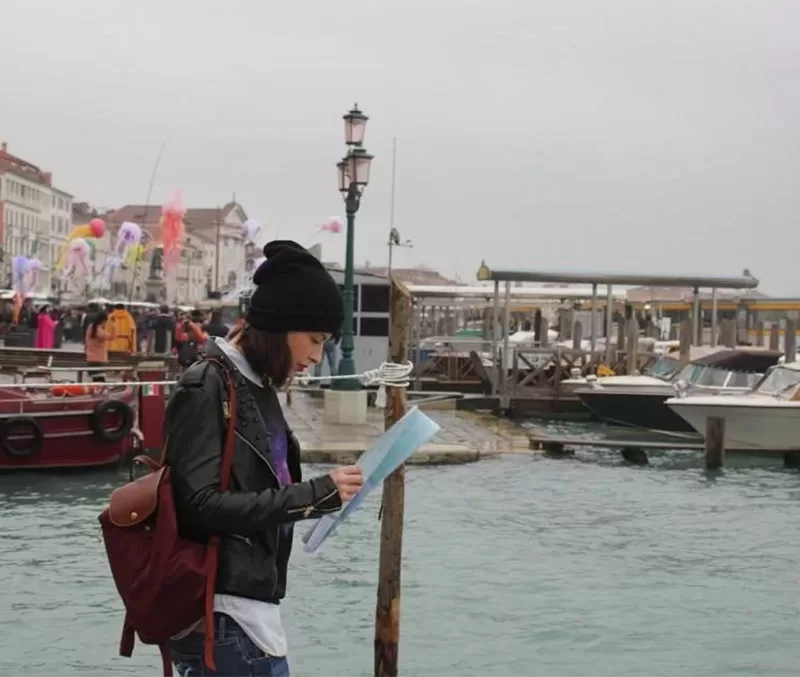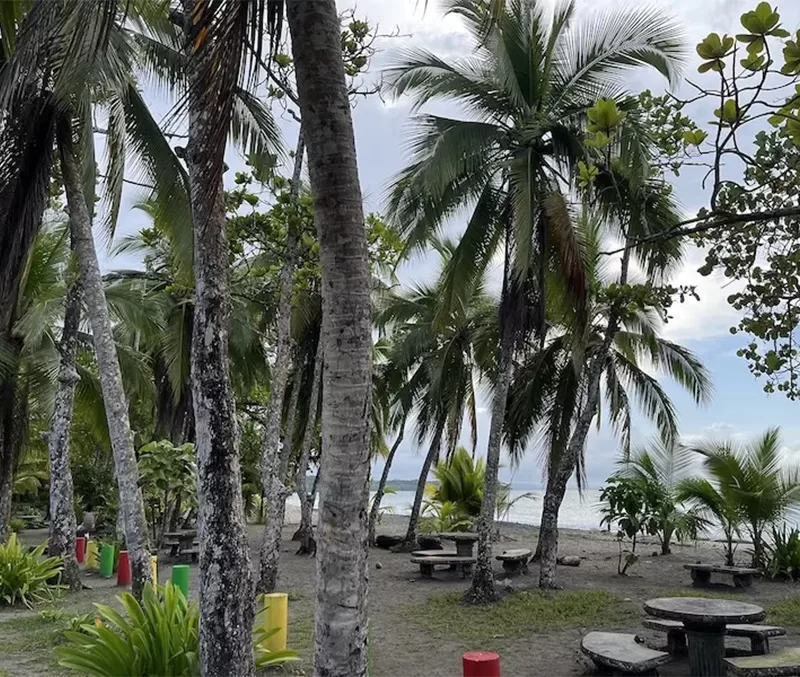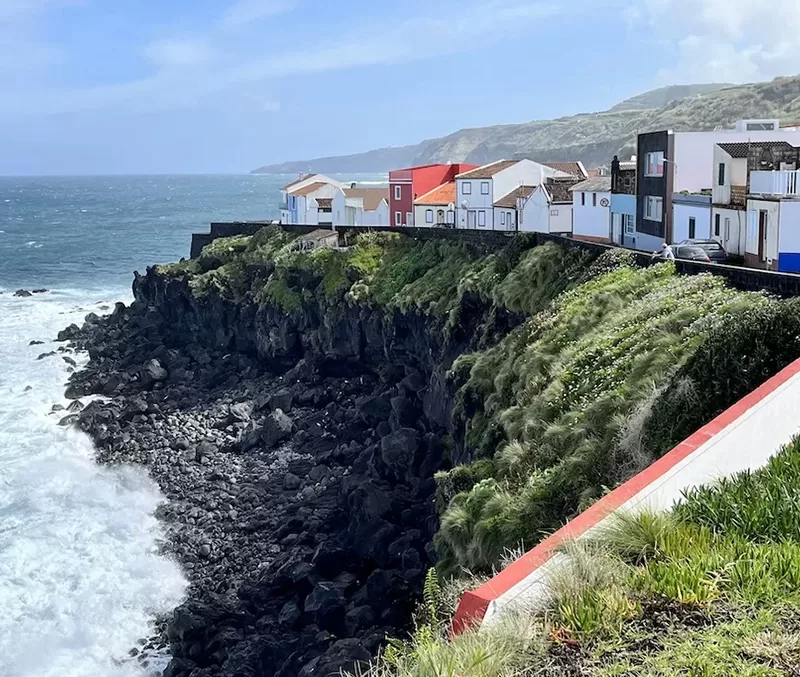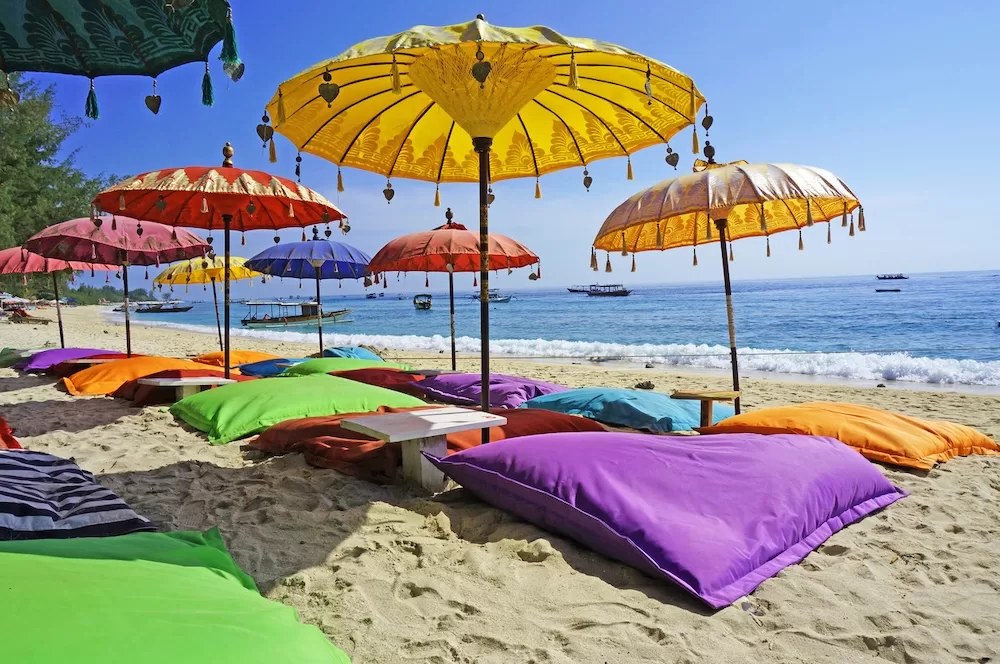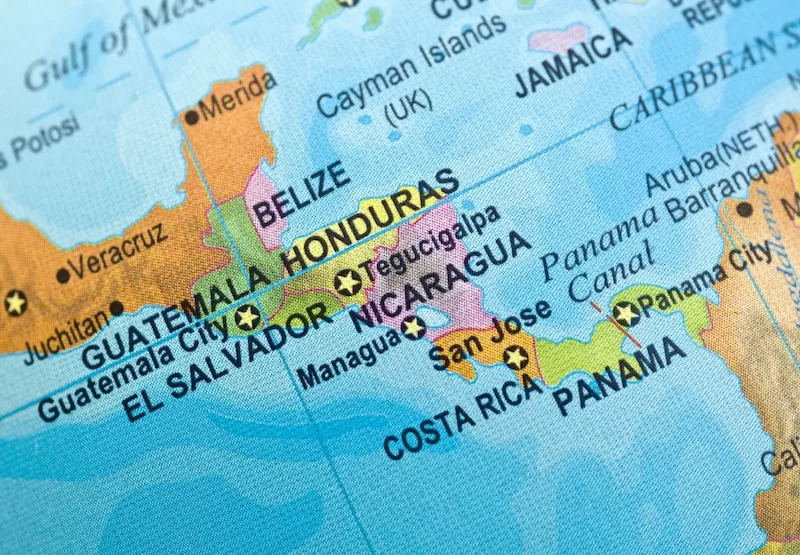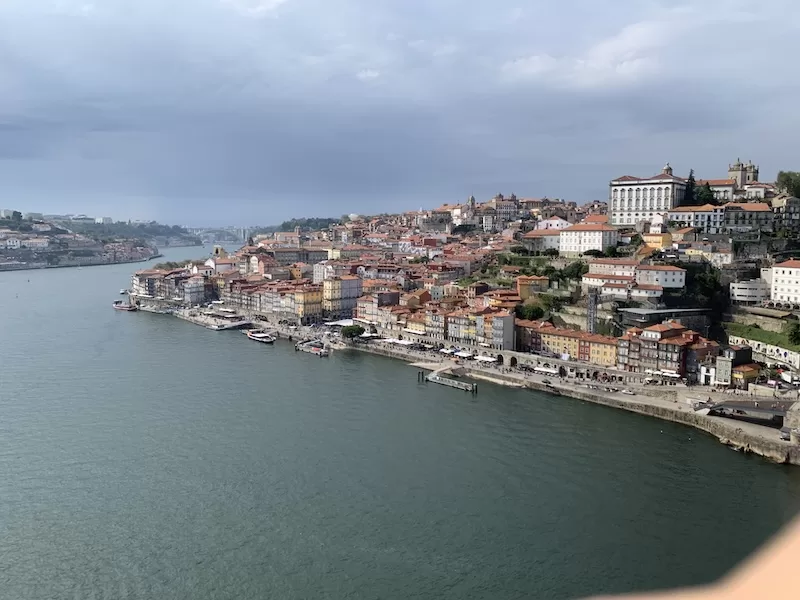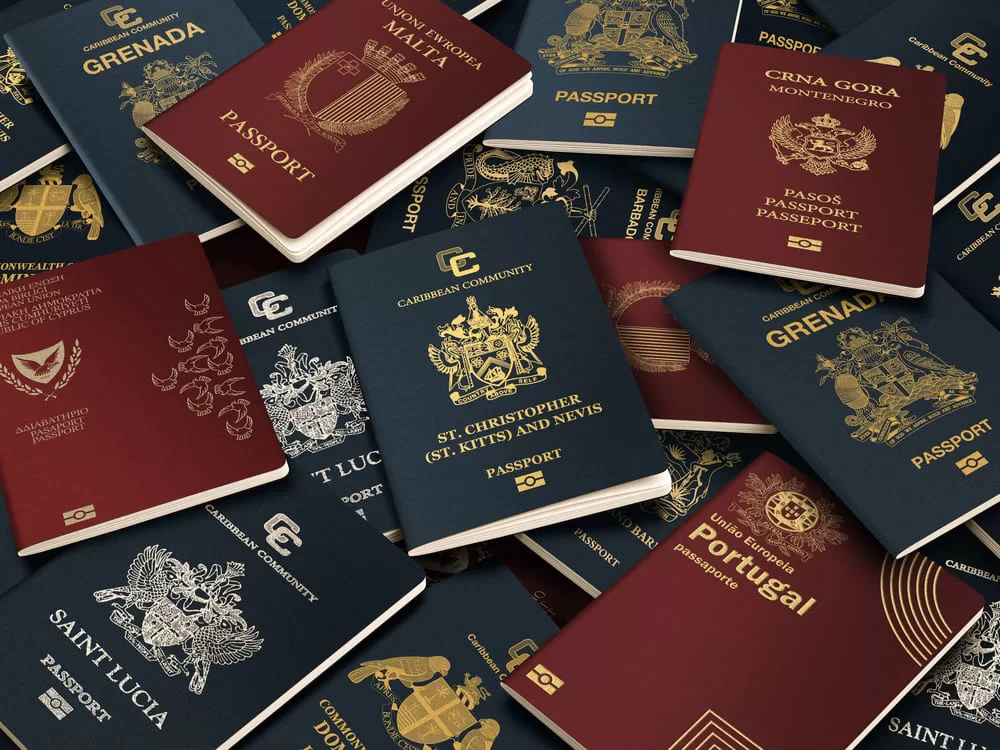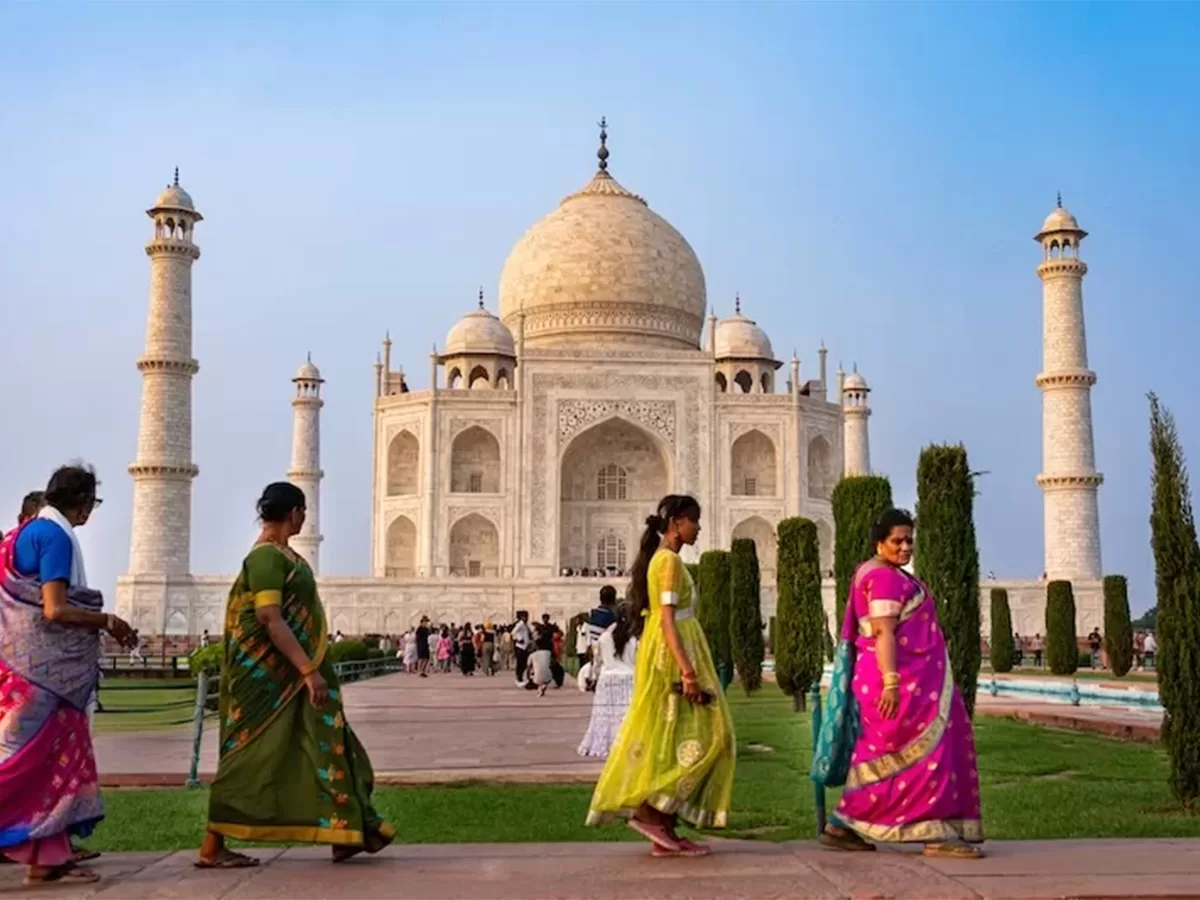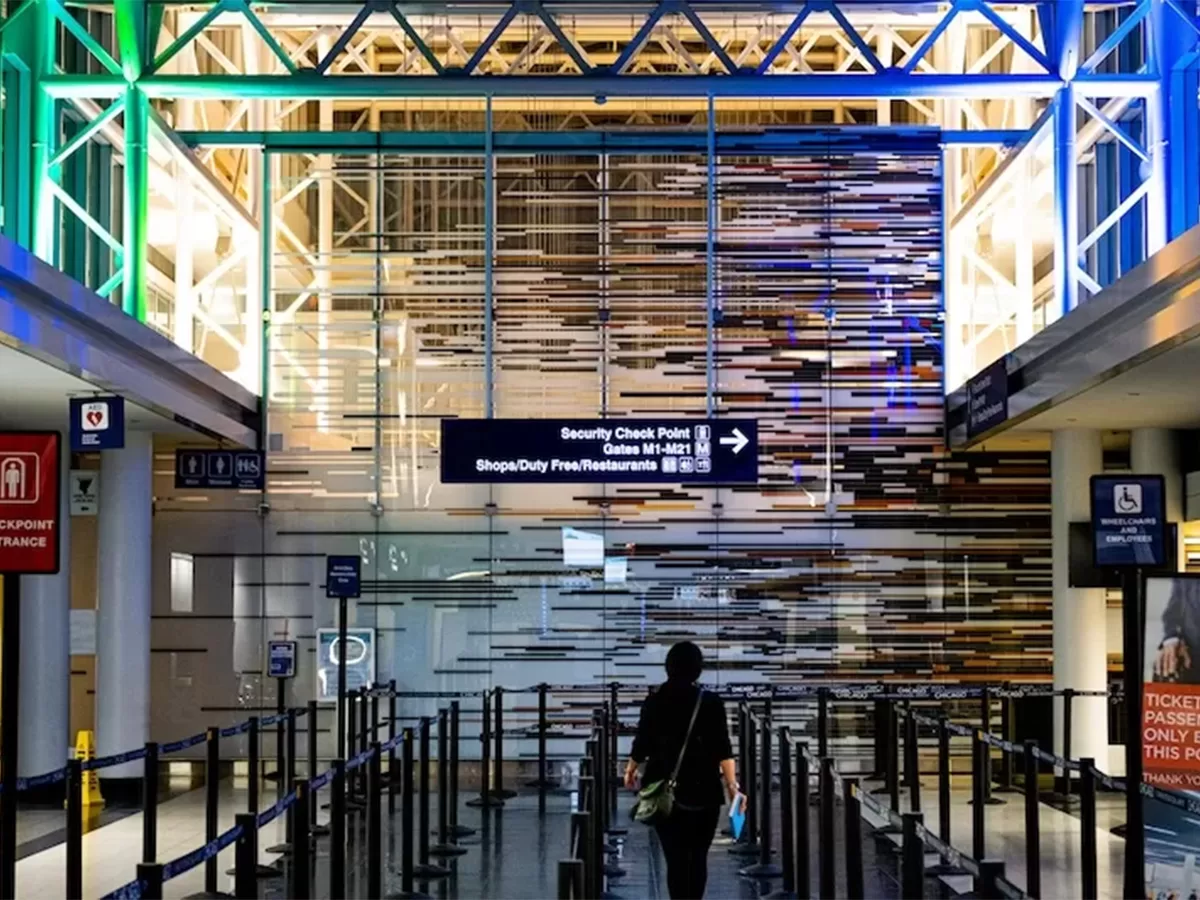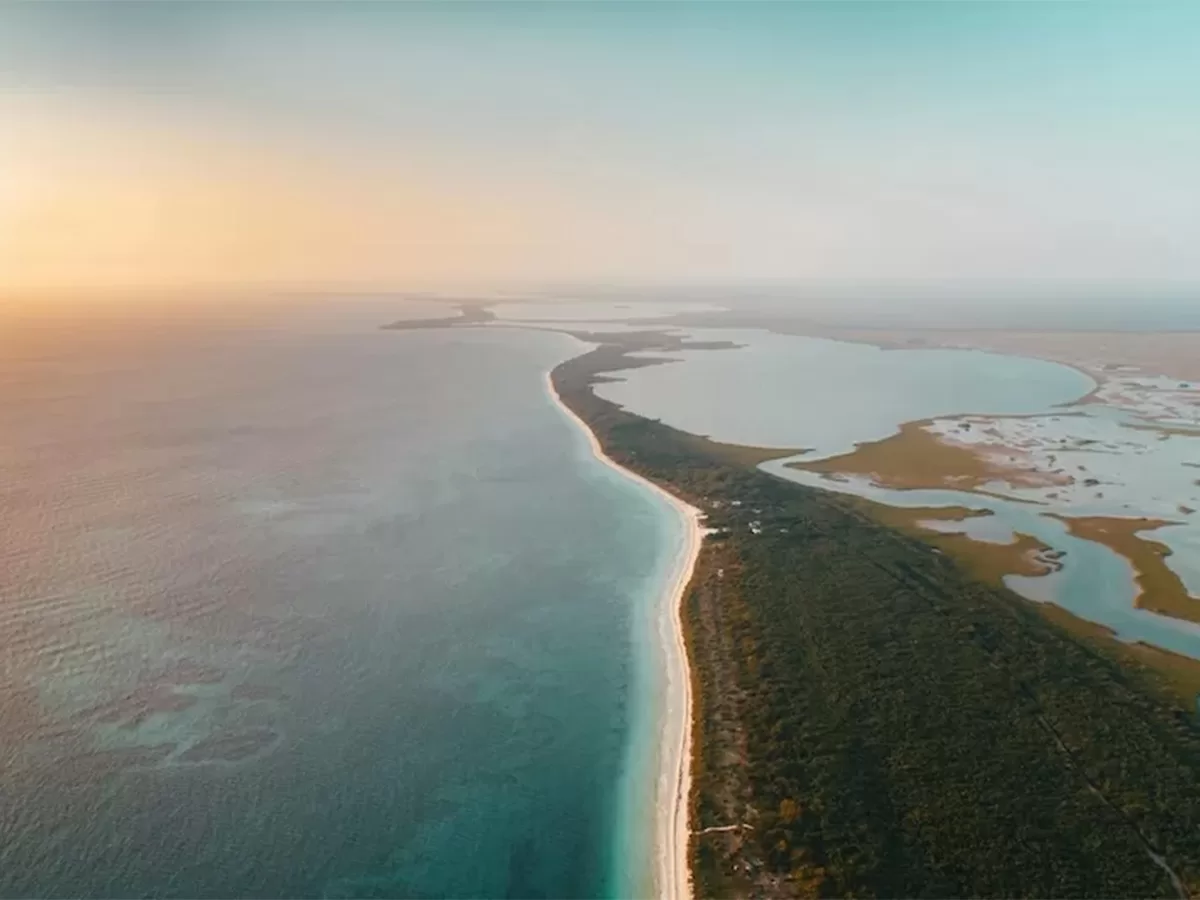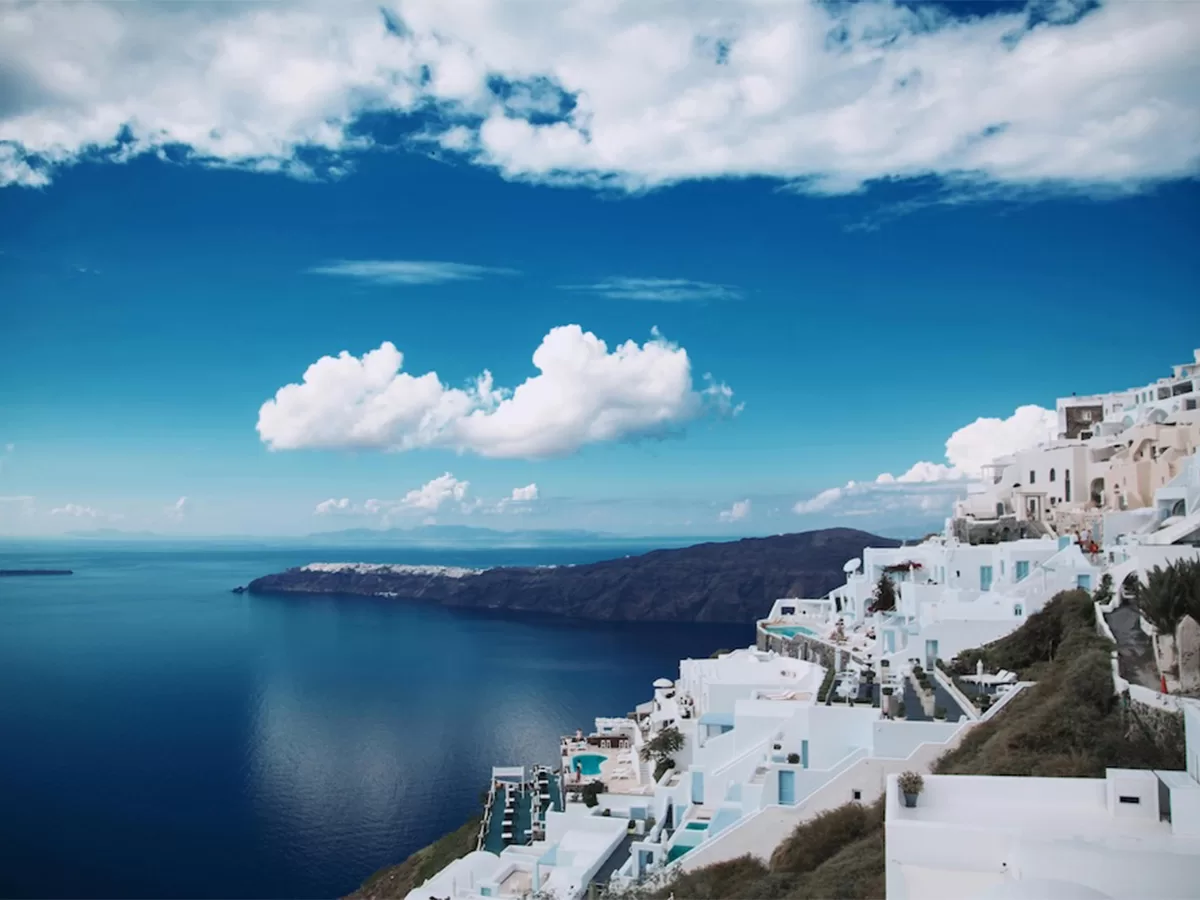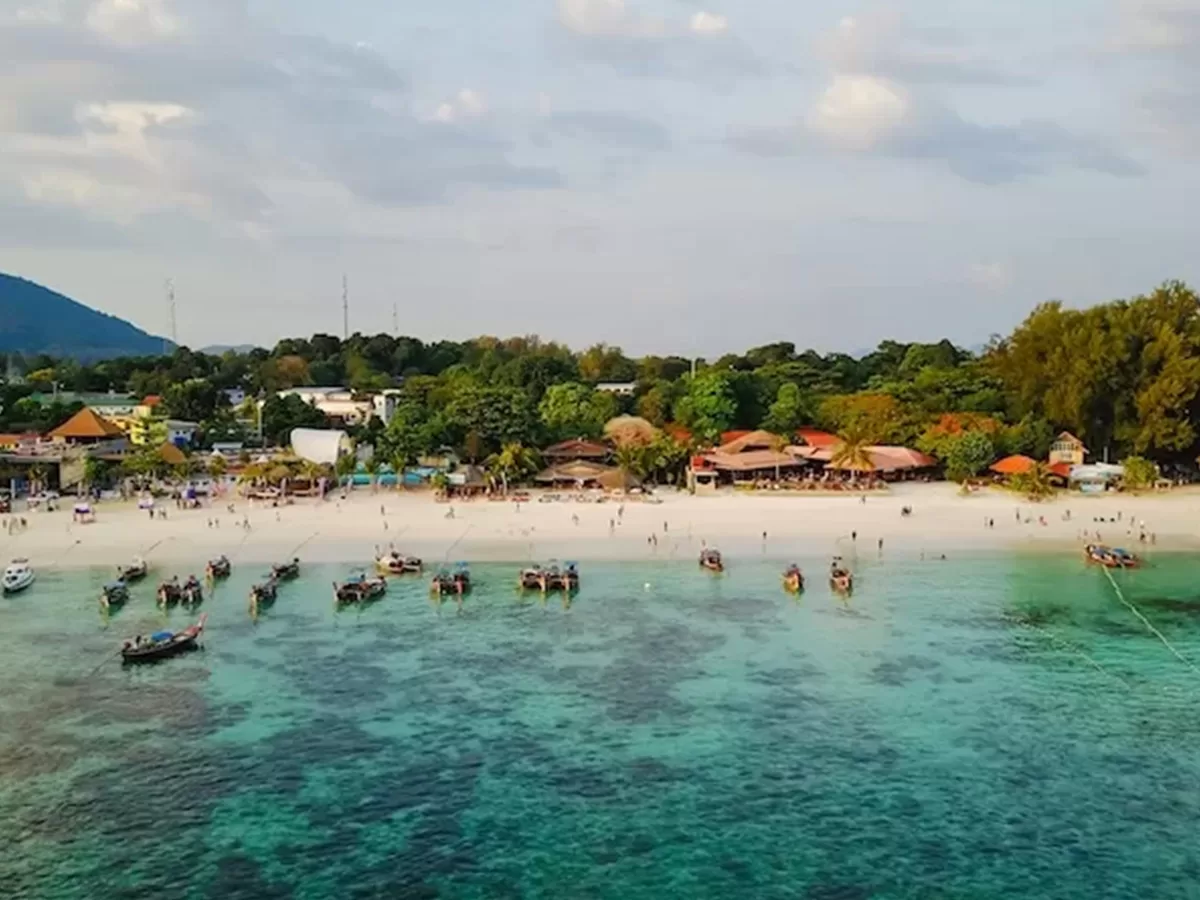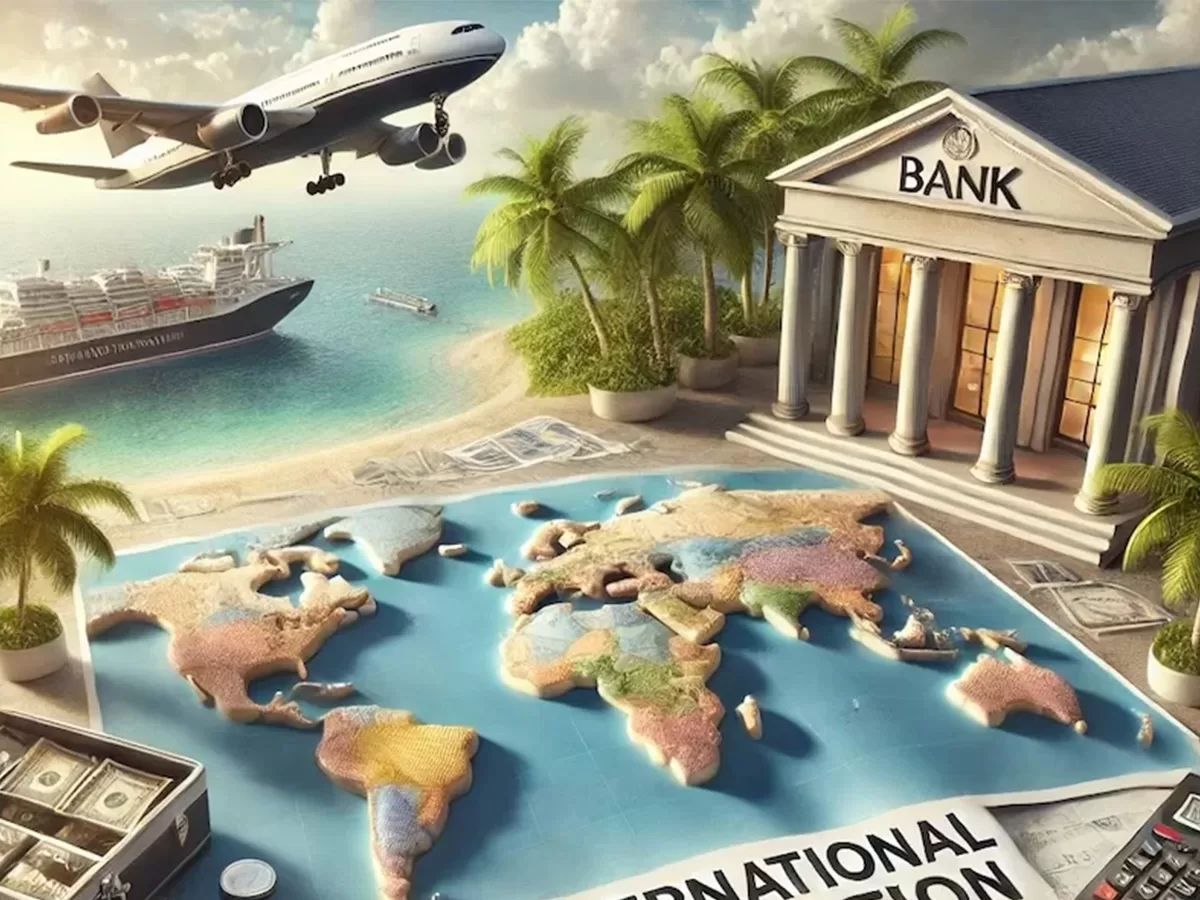Top 10 Things to Know if You’re Moving To Thailand
The importance of language, culture, and practicing the Golden Rule
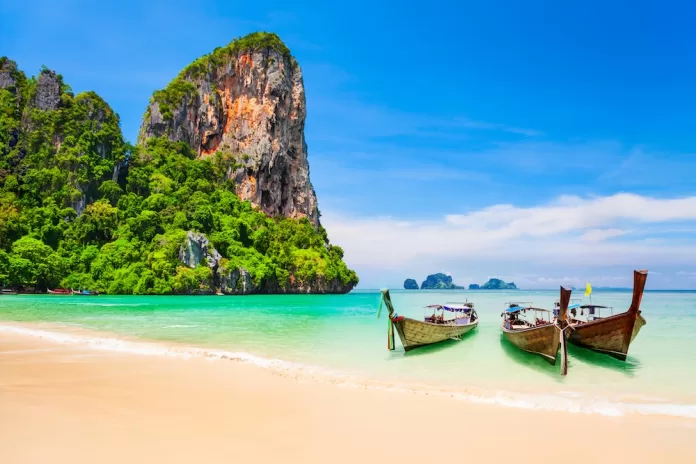
After traveling all over the world in my 30s and visiting more than 30 different countries, I took my first trip to Asia at the age of 41. I chose Thailand as my destination based on it’s location and wide range of available activities. Two days into my 3 week trip, I ended up in Pattaya. After one day of exploring the city, and interacting with several ex-pats who were living there, I knew I had found my new home. I purchased a condo in Jomtien Beach, lived there for 10 years, and then moved to a suburb of Bangkok 21 years ago, where I still live today.
Here are my Top 10 things to know if you are thinking of making a move here.
#1. Make an attempt to learn the language
Although English is more widely spoken now than in the past, it is to your benefit to try to learn the basics of the Thai language. And, to be honest, Thai is not an easy language to learn. As a tonal language, the same word can have five different meanings based on the way it is pronounced. However, most Thais will be able to understand your meaning through the context of the conversation. I have known foreigners who have lived in Thailand for 20 years and never learned a word of Thai. They depend on spouses or partners to handle everything for them. This may work for some, but can become a serious problem if that help is no longer available. The ability to speak even basic Thai will greatly enhance your day-to-day interactions in every way.
#2. Understand the restrictions on foreigners owning land
Non-Thais cannot own land in Thailand, but a foreigner may purchase a condo in their own name in a government approved complex that has majority Thai ownership. If purchasing a new condo unit, make sure that the complex has not exceeded the maximum percentage of foreign ownership. I was once in the process of purchasing a condo that was under-construction in Jomtien Beach. When it came time to pay off the unit and close the transaction, I was told that they had exceeded their foreign ownership cap and I could only purchase the unit under a Thai Corporation. I declined and accepted a refund of my initial deposits.
If you’re purchasing a used condo, make sure that the unit is currently in a foreign ownership name. Most realty companies will advertise available units as “currently in a foreigner’s name” if that is the case.
Read more like this: How Thailand Became My Home
#3. Your lifestyle and interests will help determine where to settle down
Are you looking to explore Thai culture and history? Do you want to just relax in the sand on a sunny beach? Are you looking for the famous Thai nightlife? All of these are readily available if depending on what you’re looking for. The tourist areas of central Bangkok, and the Pattaya-Jomtien area on the coast are teeming with nightlife. Northern Thailand is quiet, relaxed, and full of cultural history. The many islands of Thailand offer quiet, relaxed beach vibes. Make your choice based on your desired lifestyle.
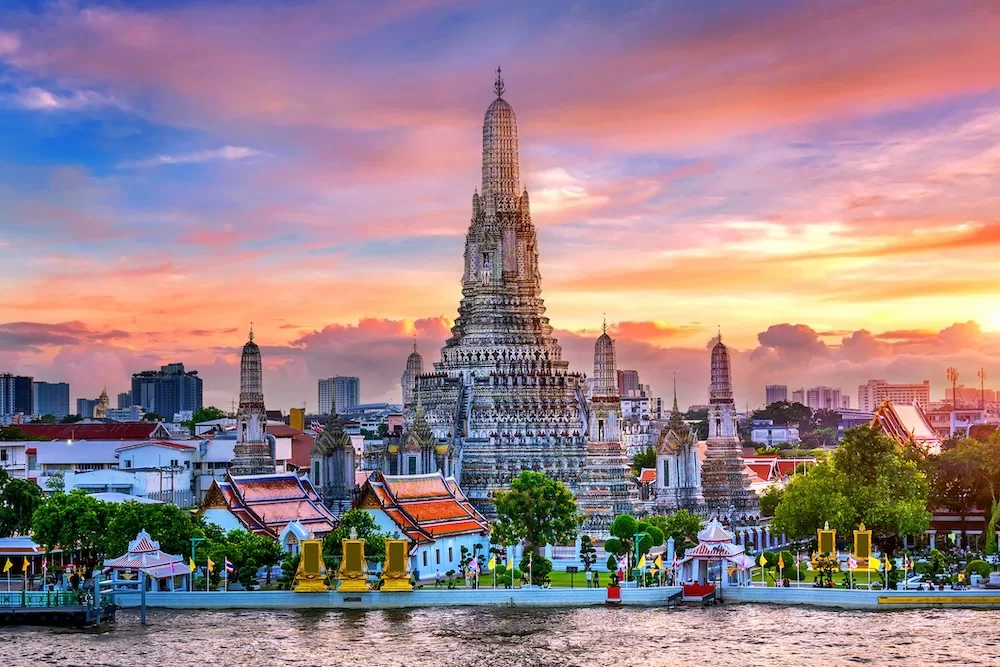
#4. Understand Thai culture (and remember the golden rule)
Thailand is approximately 94% Buddhist, and much of the culture and activities are reflective of the Buddhist mindset. I have found that most Thais have an innate desire to help and support others, regardless of national origin. Seeing a foreigner experiencing a problem will generally make them go out of their way to find a solution. But keep in mind that this is Thailand, not wherever you came from, and don’t expect everything to work like it did “back home.” If you’re planning to settle down in Thailand, absorb yourself into the local culture rather than staying a perpetual “tourist.” Also, keep in mind that Thailand is a monarchy, and the royal family is greatly revered and must be treated with respect at all times. Derogatory statements directed towards the monarchy can result in fines, jail, or worse. If you plan to live in Thailand, it is best you remember to treat everyone with the type of care and respect that you would like to receive from others.
Read More like this: 7 Keys to Buying Property in Thailand
#5. Transportation varies by location, but is generally available and reasonably priced everywhere
Bangkok has one of the most advanced public transportation systems in the world, with everything from motorbike taxis to a massive sky train system and subway. The cost of local transportation is quite inexpensive, and major transportation systems are fare-regulated by the government. Today it still costs the equivalent of $1 U.S. to get into a taxi in Bangkok, with the total fare being dependent on the distance and time travelled. One of the greatest joys I have living in suburban Bangkok is not having to drive. I spend less on transportation in a month than I would pay for one tank of gas in The U.S. Longer distance travel between cities is served by a system of very reasonably priced tour buses. Relax and let others do the driving while in Thailand.
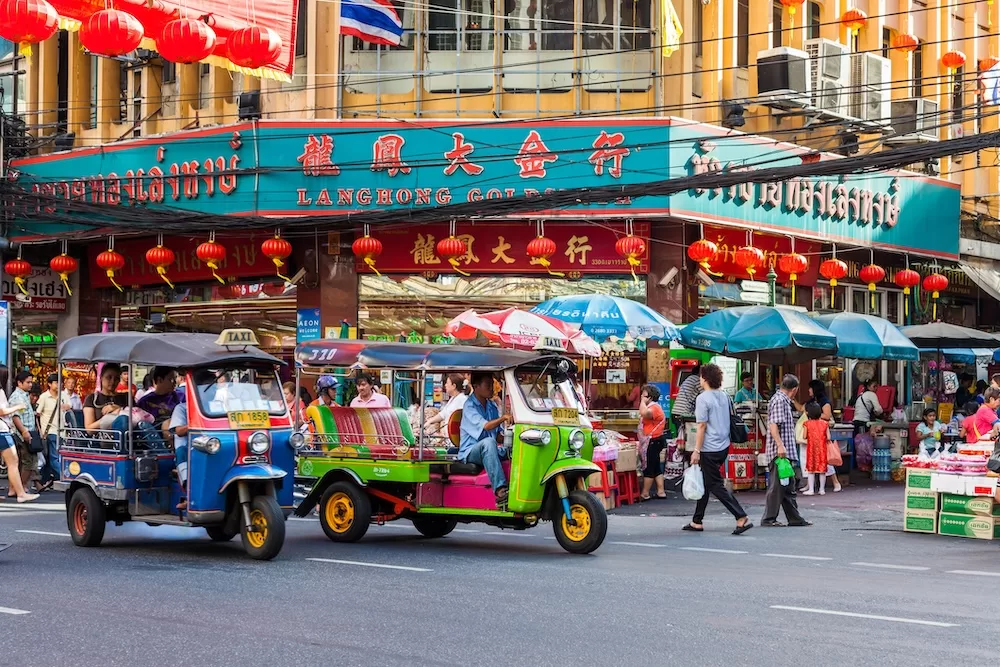
#6. Banking is convenient and sophisticated
Requirements for opening a bank account vary between institutions, and some may require a specific type of visa. Banks offer debit and credit cards, and banking is generally stress-free. There are ATMs everywhere, and many banks have already introduced app-based banking on your phone. Even a small sidewalk vendor may have a QR code posted which allows you to pay for goods or services with an app. If you are under a visa that has a specific requirement for reserve funds, I recommend having two different accounts. Place your reserve funds in one account, and have a second account that you use for your day-to-day expenses. You will also find that most ongoing monthly bills will offer the ability to draft directly from your bank account. During the COVID pandemic I was out of the country for a very long period of time, but all of my monthly expenses were debited from my account monthly with no need for me to do anything.
Read more like this: 7 Fears Keeping You from Moving Abroad (and How to Beat Them)
#7. Understand the various long-stay visas available, and the requirements for each
Are you retiring, or planning to do remote work? Will you be staying in Thailand all the time, or alternating with other destinations? There are a variety of different long-stay visas available, and each has different requirements based on either reserve funds, income, or other programs. If you plan to live in Thailand full time, keep in mind that recent regulations require foreigners residing in Thailand for more than 180 days per year to file a Thai income tax return each year. It would be best to consult a tax specialist in Thailand for advice depending on your circumstances. Make sure to keep your visa current and at no time over-stay, as you can be subject to fines or barred from the country for a period of time.
#8. Medical care is readily available, reasonably priced, and considered some of the best in the world
Thailand is a major “Medical Tourism” destination, and visas for medical services are available. Due to the high cost of medical services in The U.S., most of my older friends travel to Thailand for major medical or dental procedures. Costs are a fraction of obtaining the same services in The U.S. One of my friends has been a physician in the U.S. for more than 40 years, and he travels to Thailand whenever he needs a major medical or dental procedure. Most U.S. medical insurance is not valid in Thailand, but in most cases the total cost will be so reasonable as to make insurance unnecessary.
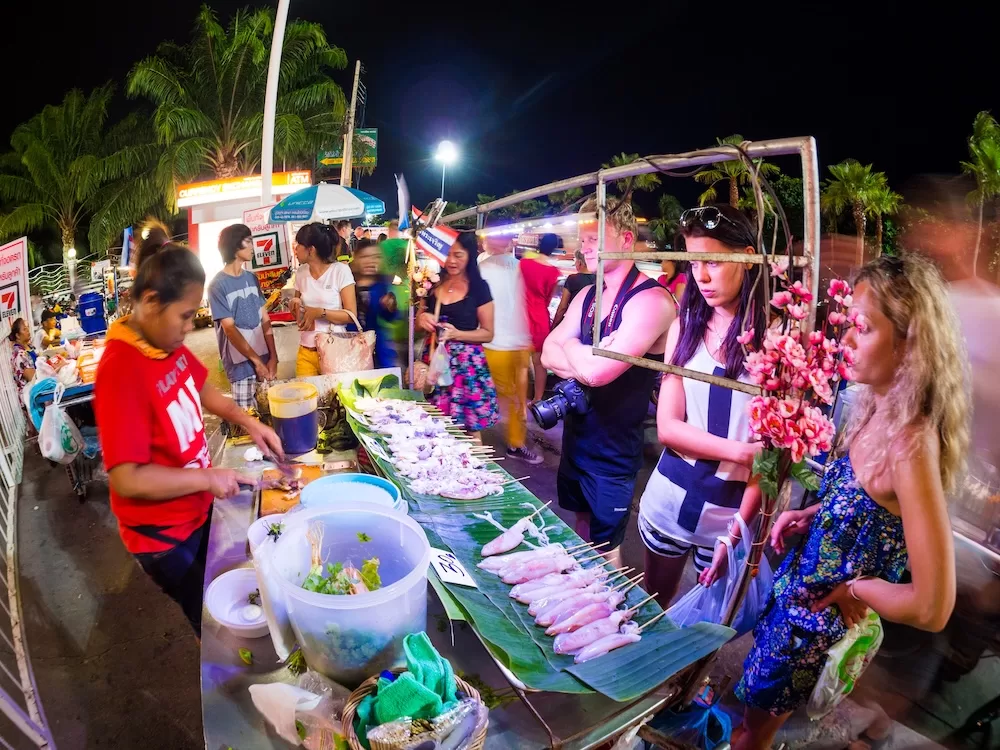
#9. The cost of living can vary dramatically based on the area you live in
While Thailand is much less expensive than other countries (including the U.S.) the cost of living does vary depending on location. I live in a suburban area of Bangkok that is not considered a tourist area, where I have owned my condo for more than 20 years. It has 24-hour roving security, card key building access, gate-guarded parking facilities, on-site cleaning and maintenance personnel, and an on-site management office. Even given all that, my condo fees have not increased or had a special assessment that whole time. I can live here as a single person for around $300 U.S. monthly including condo fees, all utilities, food, and transportation. There is a BIG C (think Super WalMart+) within walking distance, as well as a Starbucks, 7-11, and a multitude of restaurants and businesses. One exit down the expressway is Fashion Island Mall, which Wikipedia currently rates as the 26th largest mall in the world.
#10. Internet service is available and reliable in all areas
In major cities such as Bangkok, Internet service is abundant. You can go to the local cellphone store or computer mall and buy a data sim card, install it in a hot-spot, and presto: home internet. Using a hotspot in an area like Bangkok eliminates ongoing monthly charges (just re-load or buy another sim card), and I find it to cost a fraction of what I pay for internet service in The U.S. Cellphone service is likewise inexpensive and readily available.
————————
Retired from law enforcement, Robert J. splits his time between Texas and Thailand.



